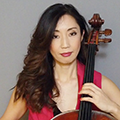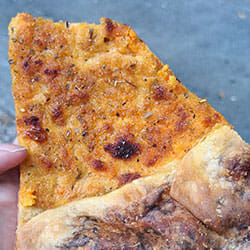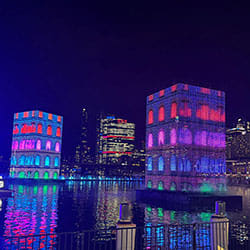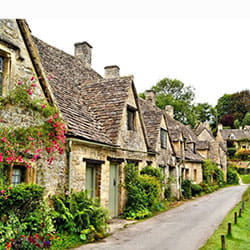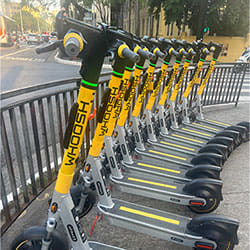And that wall was language.
What I realized is that I couldn’t understand what my classmates were saying. It was the first time I had ever encountered regional dialects in everyday life, and even small differences in pronunciation threw me off so much that I didn’t even realize they were using the same words as I was. It was rough. I ended up unconsciously keeping my distance even from people I wanted to make friends with, because I couldn’t understand what they were saying. To me, my classmates were strange creatures speaking an unintelligible language… but before I knew it we had all gotten a handle on the Tokyo dialect, and the walls disappeared just like that.
Regional dialects and accents are still so strongly rooted in Italy that they serve as a clear marker of identity (like an ID)—and function like a kind of personal introduction. People that meet for the first time listen intently to each other’s accents, allowing them to figure out where the other person is from without asking. These kinds of strong regional characteristics are not limited to language, either; they extend to traditional dishes and customs as well. Perhaps it’s because the different regions of Italy were once independent countries, but regional differences here are at once respected and a source of rivalry—to the point where a person’s regional expressions and accents are sometimes mimicked as a form of mockery.
The capital of Italy is of course Rome (though since I live in Milan, I secretly think it should be Milan). The same goes for the standard dialect—I was disappointed to find out that it wasn’t Milanese. So… does that mean the Roman dialect is standard?
Nope. Standard Italian is actually the dialect spoken in Tuscany. It was hard for me to accept this at first. The way they speak in Florence (which is in Tuscany) has heavily accented Cs—they say Coca-Cola, for example, more like “hoha-hola”. Sounds strangely loose, doesn’t it?
Incidentally, about fifty kilometers from Milan is a lovely ancient walled city called Bergamo. It’s one of the top five places in Italy I’d most want to live. The walls date back to the Middle Ages, and the people there have always been known for being industrious—which has made them commercially successful. The topography is beautiful as well, with high plateaus overlooking lovely pastoral scenes. Even today it’s a charming town that has managed to stay balanced… but there’s just one problem: the Bergamo dialect. For starters, it’s full of sounds that don’t even exist in other regional dialects—making it sound incomprehensible and even a bit ludicrous to Italians who aren’t from there. To me it seems like they have a lot of words with u and nda sounds that are full of subtle intonations.
But the dialect spoken in Sardinia is even more intense. Since it’s an island, it’s had fewer outside influences—which is probably why the accents there are thick as well.
In the northern part of Italy, which is said to be at odds with Milan, is the city of Turin. I liked how they put a ne sound on the end of things (like we often do in Japanese), so I started imitating it. And yet, nobody has asked me if I’m from Turin yet… ne?










